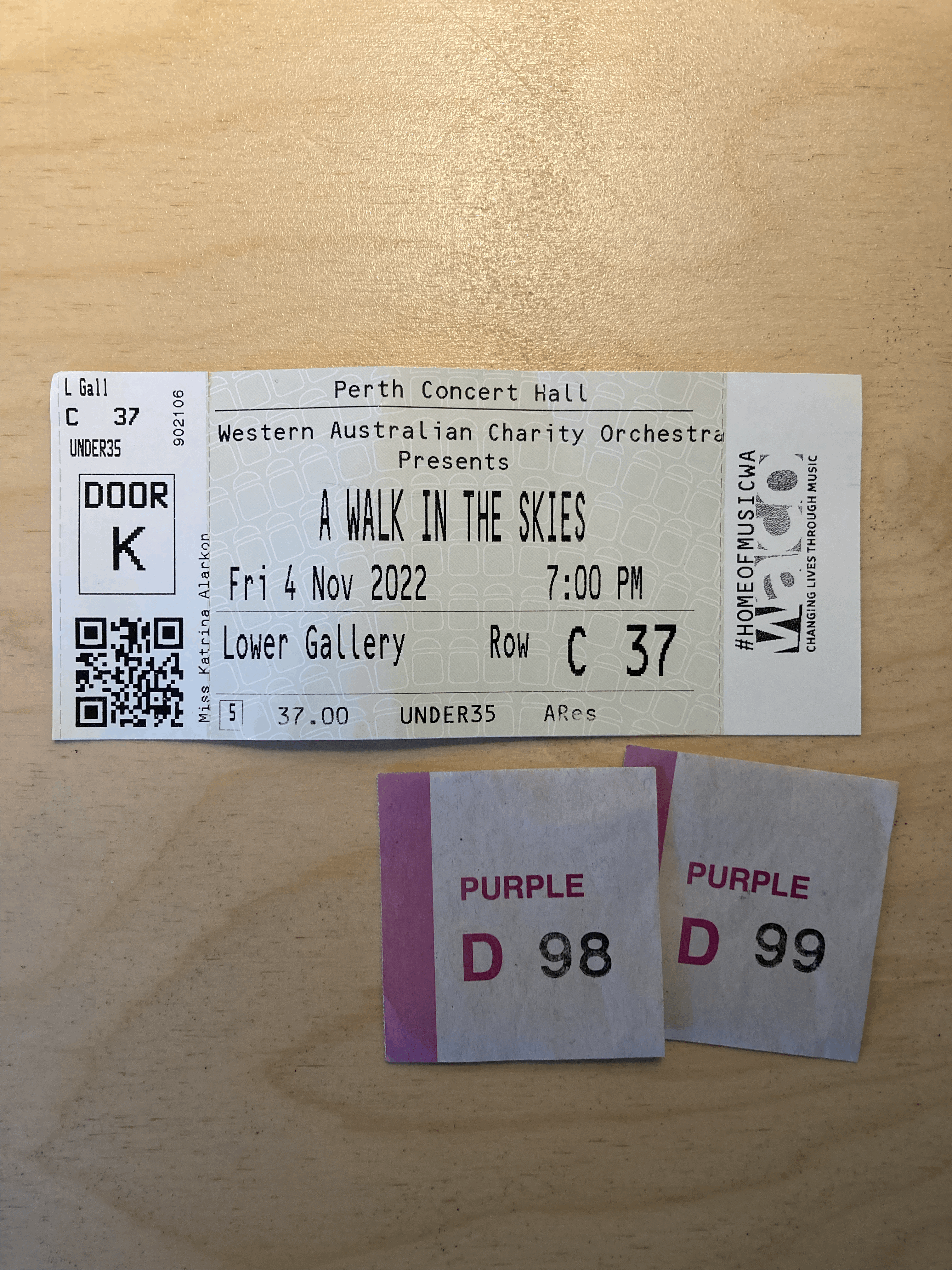Entrepreneurial burnout
Ali brought them coffee.
‘How would you like it?’ the stranger said. ‘A la française or á la turque, strong or weak, with sugar or without, filtered or boiled? You choose. We have it prepared in every manner.’ — The Count of Monte Cristo, Alexandre Dumas (first published in 1844)
trials and tribulations, i’ve had my share
I dream of not having to go into the shop and just writing at my desk. I dream of working, just not at the cafe.
The tricky thing with burnout is that it snuck up on me. All the warning signs were there but I thought I could outwork the voice in my head telling me to slow down. I became irritable, I lashed out at my family and staff, and I was short with customers. I was ashamed of who I'd become.
I felt trapped, and still often do, by my business. The very thing I created in order to bring joy to others sapped every ounce of it from me. The work became something I hated because of how it demanded every second of my time and attention. Yes, there were systems in place but the team wasn’t strong enough to stand on their own just yet, and there were constant fires that needed to be put out, shifts that needed to be filled when someone was out with COVID—there were days when we’d have to close either early or entirely to solve the problem, days that seemed endless and tested my patience and willpower to keep going.
I’ve never felt like I was doing anything right. I wasn’t eating properly, sleeping well, socializing, or getting any exercise at all.
Without getting into too much detail, it all came to a head.
I took steps to recalibrate: extended time off, attending the Melbourne International Coffee Expo in September, getting some much needed therapy (and sticking to it!), eating better, exercising—all basic needs that I’d neglected for a year for the sake of this monstrosity I’d created. And it is a monstrosity. Some days it feels like I've dug my own grave by opening a brick and mortar coffee shop in the middle of a pandemic and stubbornly continued to operate it despite inflation and the pending recession.
The hypothesis I was constantly testing?
How do we succeed as an independent cafe operating in challenging economic conditions?
Which became:
I’d like to make money, but there are hidden costs associated with the act. How do I minimize those costs?
And then transformed into:
I’d like to make money sustainably, but how do I do so without sacrificing myself to the ever raging inferno that is a brick and mortar cafe?
why keep going?
I still believe the mark of a successful business is when its owner can step away without operations grinding to a halt. When the right procedures have been set up and good hires are made it should be easy for the founder to take a step back. I believe too that one’s staff needs to be given the freedom to be creative whenever they’re on shift. Yes, there’s the restocking of cups and mopping of floors but a certain amount of time needs to be dedicated to growing the business alongside the owner, or working on leaving something of a legacy for when they eventually depart.
I think there’s something magical about how teams can come together in pursuit of a common goal like that. I’ve heard it’s pretty rare outside of the food and beverage industry, and it’s a high I’ve been chasing for what feels like forever.
To be surrounded by coffee and food—well, that’s just an occupational hazard.
foraging for joy
I recently attended a tribute to Joe Hisaishi presented by the WA Wind Symphony. It was a fun way to spend a Saturday evening briefly confused as to why the opening bars sounded a bit hollow compared to WASO shows I’d attended previously. (No string section, Kat. Duh.) I’d never seen so many percussionists onstage before and it was a joy to watch them rotate around multiple non-Western instruments.

Since watching Amazon’s The Rings of Power I’ve been listening to the soundtrack nonstop and it’s been fun comparing Hayao Miyazaki’s musical landscape to the kind of leitmotivic storytelling that I’m more familiar with, which of course led me to…
recommendations
… revisit Doug Adam’s excellent book, ‘The Music of the Lord of the Rings Films’. Lore nerds get real nitpicky about RoP's accuracy—eerily similar ire was directed towards Peter Jackson's LOTR trilogy before it came out; we of course, do not discuss The Hobbit adaptation—but I’m just here to have a good time and listen to a score that moves me to tears. (Full disclosure: I enjoyed RoP very much and wish the internet wasn’t such a hateful hellhole.)


Member discussion